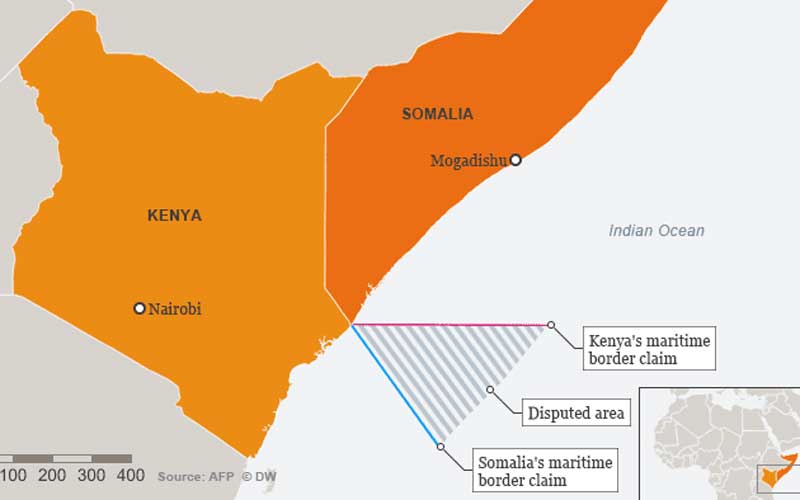×
The Standard e-Paper
Home To Bold Columnists

While negative things happen, there are positives at the national and international levels that encourage people. South Korea’s Moon Jae-In is among those that are smiling because of overcoming challenges. Kenya’s Uhuru Kenyatta could also be smiling, but he faces many obstacles to his Big Four dream.